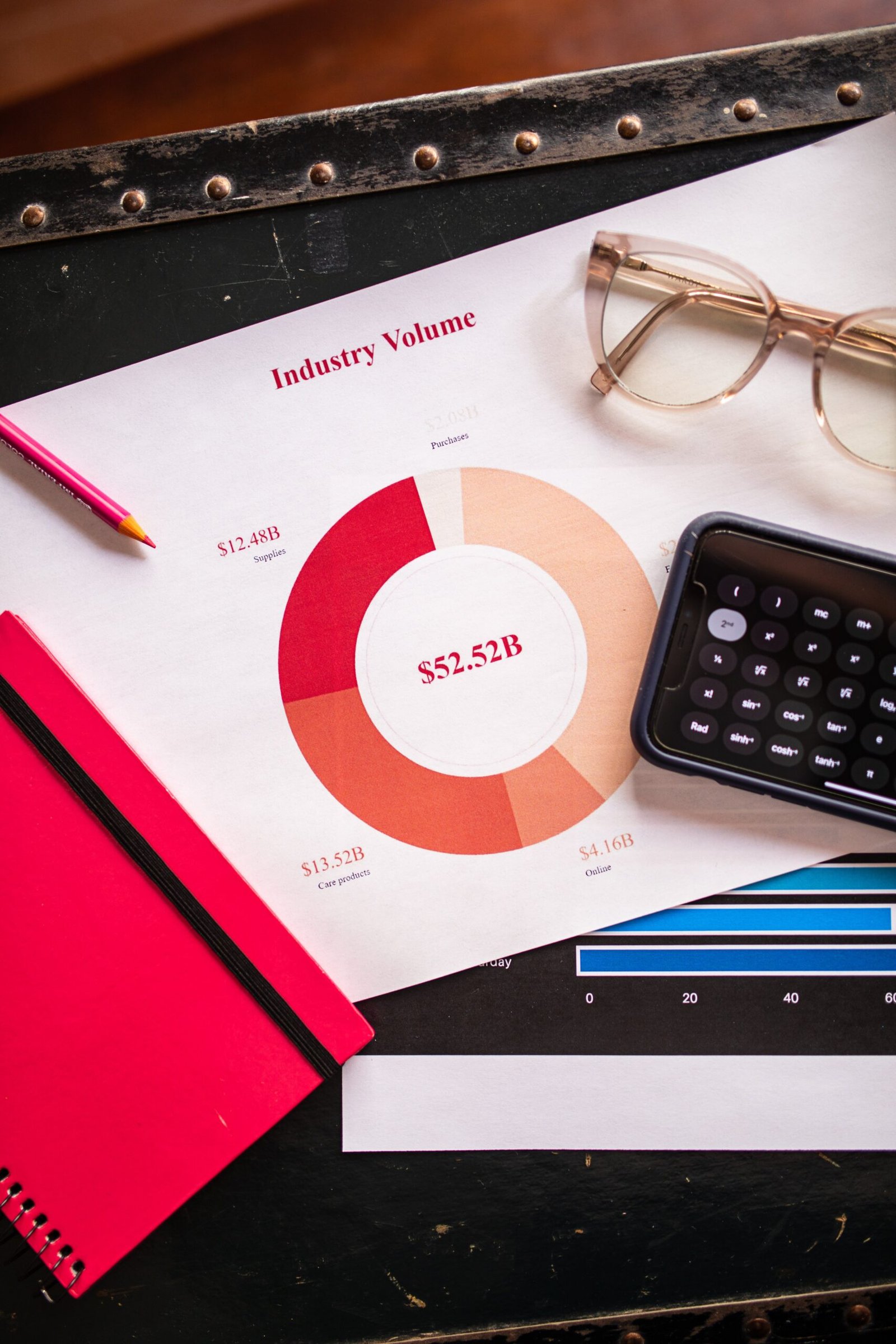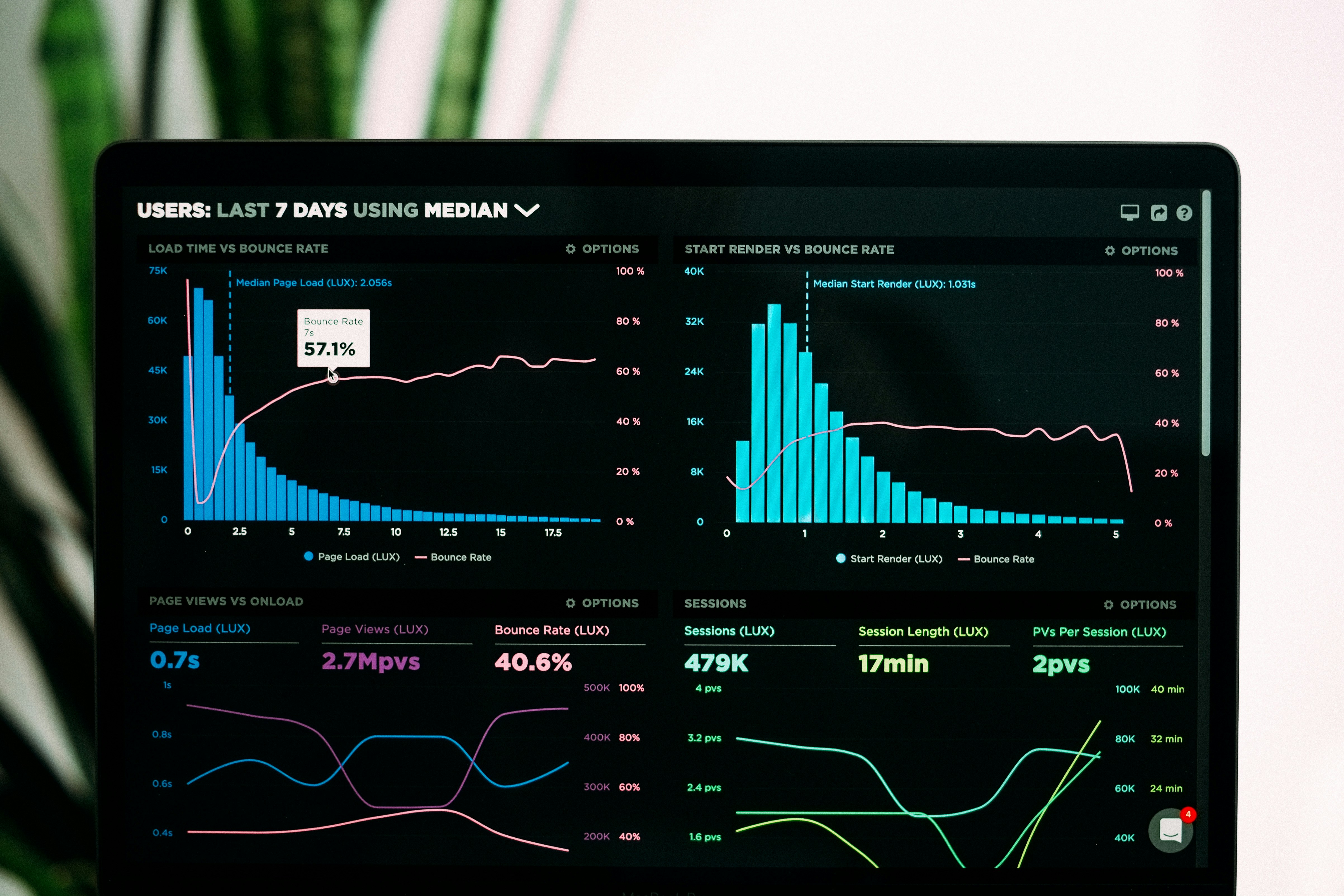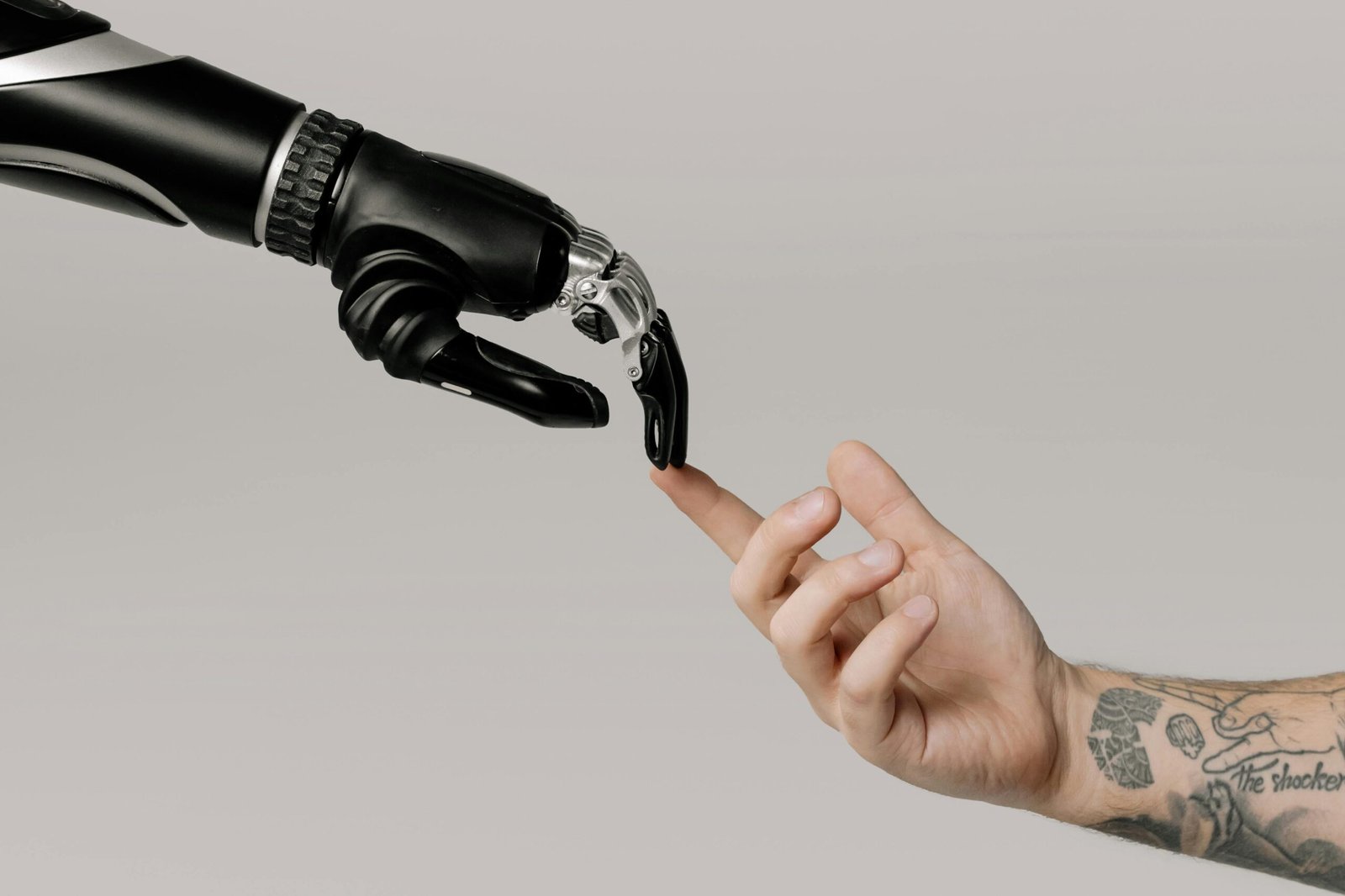The Role of AI in Digital Marketing for Hotels: Enhancing Guest Experience and Driving Revenue Growth
May 1, 2024 | by onrevenue.net

The Role of AI in Digital Marketing for Hotels

In today’s digital age, the competition among hotels is fierce. With the rise of online travel agencies, social media, and review platforms, hoteliers need to find innovative ways to stay ahead of the competition. One such way is by leveraging the power of Artificial Intelligence (AI) in their digital marketing strategies.
Understanding AI in Digital Marketing
AI refers to the ability of machines to mimic human intelligence and perform tasks that would typically require human intervention. In the context of digital marketing, AI can analyze vast amounts of data, make predictions, and automate repetitive tasks, allowing hoteliers to make data-driven decisions and optimize their marketing efforts.
Personalized Marketing Campaigns
One of the key advantages of AI in digital marketing for hotels is its ability to personalize marketing campaigns. By analyzing customer data, AI algorithms can segment customers based on their preferences, behavior, and demographics. This allows hotels to tailor their marketing messages and offers to specific customer segments, increasing the chances of conversion.
For example, AI can analyze a customer’s browsing history and previous bookings to recommend personalized offers and packages. By sending targeted emails or displaying personalized ads, hotels can create a more personalized and engaging experience for their customers.
Chatbots and Customer Service
Another way hotels can leverage AI in their digital marketing efforts is through the use of chatbots. Chatbots are AI-powered virtual assistants that can interact with customers in real-time, answering their queries and providing assistance. These chatbots can be integrated into hotel websites, social media platforms, and messaging apps, allowing hotels to provide round-the-clock customer support.
Chatbots can handle a wide range of customer inquiries, from booking inquiries to room service requests. They can also provide personalized recommendations based on customer preferences and help with upselling and cross-selling. By automating customer service tasks, hotels can improve efficiency, reduce response times, and enhance the overall customer experience.
Click here to learn how to build your chatbot.
Optimizing Pricing and Revenue Management
Pricing is a critical aspect of hotel revenue management. AI can help hotels optimize their pricing strategies by analyzing market trends, competitor prices, and customer demand. By collecting and analyzing data in real-time, AI algorithms can make accurate predictions and suggest optimal pricing strategies.
AI can also help hotels identify demand patterns and adjust prices dynamically. For example, during periods of high demand, AI algorithms can recommend increasing prices to maximize revenue. Conversely, during periods of low demand, AI algorithms can suggest lowering prices to attract more customers.
Enhancing the Guest Experience
AI can play a significant role in enhancing the guest experience throughout the customer journey. From the moment a guest starts researching hotels to the post-stay feedback, AI can provide personalized recommendations, streamline processes, and gather valuable insights.
For example, AI-powered virtual assistants can assist guests in finding the perfect hotel based on their preferences, budget, and location. AI algorithms can also analyze customer feedback and sentiment analysis to identify areas for improvement and make data-driven decisions to enhance the overall guest experience.
Optimizing Digital Advertising
AI can also be used to optimize digital advertising campaigns for hotels. By analyzing customer data and behavior, AI algorithms can identify the most effective advertising channels and strategies. This allows hotels to allocate their advertising budget more efficiently and target the right audience.
AI can also automate the process of creating and optimizing ads. By analyzing the performance of different ad variations, AI algorithms can make data-driven decisions to improve ad performance and maximize return on investment.
Conclusion
As the digital landscape continues to evolve, hotels need to embrace AI in their digital marketing strategies to stay ahead of the competition. From personalized marketing campaigns to chatbots and revenue management, AI can revolutionize the way hotels engage with customers and optimize their marketing efforts. By leveraging the power of AI, hotels can enhance the guest experience, improve efficiency, and ultimately drive revenue growth in the highly competitive hospitality industry.
RELATED POSTS
View all



